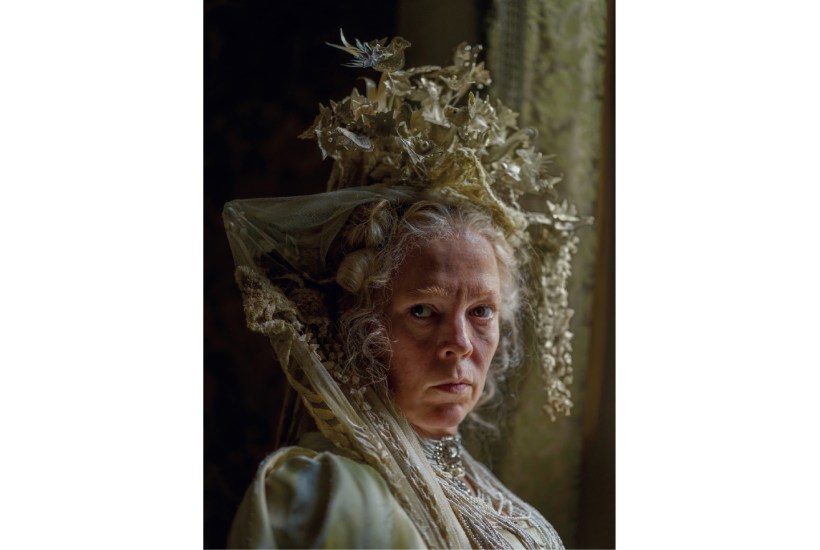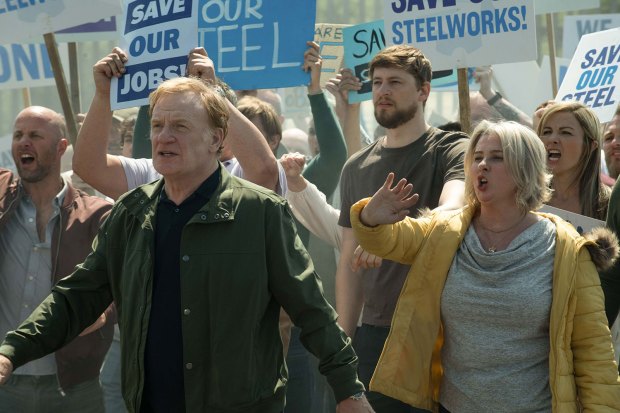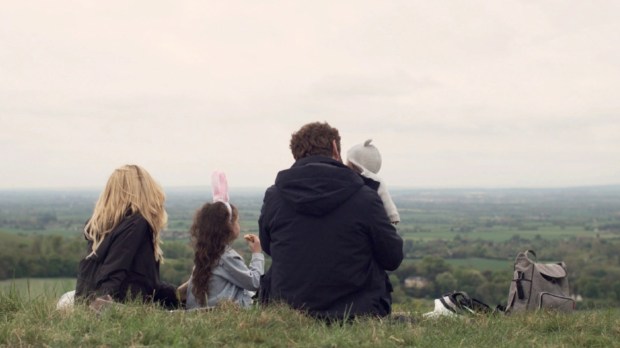By now a genuinely radical way to turn a Victorian novel into a TV drama would be to take that novel and turn it into a TV drama. But while we wait for someone to do it, Great Expectations stays true to the current ideals of junking large parts of the source material and infecting what remains with the neuroses of our own age – thereby demonstrating once again the strange modern neediness to believe in our superiority to all those benighted bigots who came before us.
Already a subscriber? Log in
Subscribe for just $2 a week
Try a month of The Spectator Australia absolutely free and without commitment. Not only that but – if you choose to continue – you’ll pay just $2 a week for your first year.
- Unlimited access to spectator.com.au and app
- The weekly edition on the Spectator Australia app
- Spectator podcasts and newsletters
- Full access to spectator.co.uk
Or
Unlock this article
You might disagree with half of it, but you’ll enjoy reading all of it. Try your first month for free, then just $2 a week for the remainder of your first year.














Comments
Don't miss out
Join the conversation with other Spectator Australia readers. Subscribe to leave a comment.
SUBSCRIBEAlready a subscriber? Log in